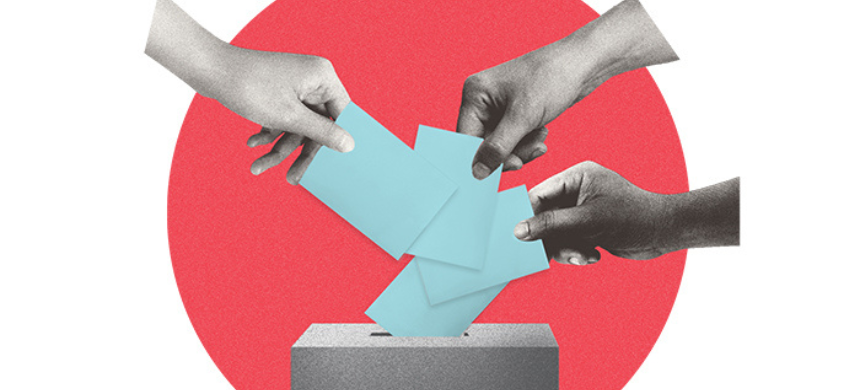The political landscape in Indian Illegally Occupied Jammu and Kashmir (IIOJK) is undergoing a notable shift as President’s Rule, in place for five years, has been lifted to allow the formation of a new government. Omar Abdullah, leader of the National Conference (NC), is poised to become the Chief Minister, with the assembly’s first session scheduled for October 16, 2024.
In recent assembly elections, the NC secured a strong position with 42 seats, while its allies, the Indian National Congress and the Communist Party of India (Marxist), gained six and one seats, respectively. With additional support from five independent candidates and one member of the Aam Aadmi Party (AAP), the coalition now holds a total of 55 seats.
Read More: Islamabad Police Detain ex-AJK PM in Property Dispute
The end of President’s Rule signifies a return to local governance, reducing direct central government intervention and enabling elected representatives to take charge of regional decision-making. While the assembly will be able to debate and pass laws relevant to IIOJK’s specific needs, financial matters will still require approval from the Lieutenant Governor (LG). Additionally, the LG retains authority over critical areas such as law enforcement, public order, and land management, maintaining a balance of power between local and central authorities.
The legislative assembly’s powers remain limited, as the LG holds influence over legislative grants and appropriations. Furthermore, the LG has yet to nominate five additional assembly members, a process that may align with the central BJP-led government’s interests.
As the region transitions toward this new political phase, there is optimism that the establishment of a locally-elected government will foster stability and development, giving the people of IIOJK a stronger voice in shaping their future.











